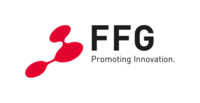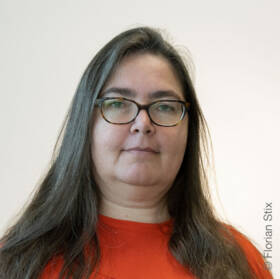Development of an evaluation tool to quantify the impact of pedestrian and bicycle traffic on health and economy.
Background
Active mobility (i.e., mobility by physical activity such as cycling, walking or roller skating) has gained momentum. This entails two main benefits: First, active mobility has a positive impact on health. Second, the emission of greenhouse gases is reduced, which counteracts the negative effects of climate change. Although these benefits are clearly visible, measures to promote active mobility are not sufficiently reflected in planning, in the distribution of resources, and in political processes. In addition, sometimes sectors reap the benefits that do not directly contribute to active mobility. Consequently, it is necessary to analyse active mobility on a broader scale including different sectors and the interplay of different influential factors.
Project content
Studies on the economic impact of cycling as an alternative to motorized means of transportation are scarce in Austria and studies on pedestrian traffic are largely missing. Therefore, additional investigations are required, because international studies indicate that commuting by bicycle can increase productivity of companies and costumer frequency in local shops. To investigate such effects in greater depth, knowledge and findings from different areas (traffic, health, economy) are compiled and analysed in this project. The results obtained shall lay the foundation for constructive discussions and informed decision making on active mobility and thus help to make traffic more sustainable.
Goals
- To identify the ways in which active mobility (cycling and walking), health and economy are interrelated.
- To use existing methods and models to investigate such relationships and create a system of indicators which capture the impact of different measures, initiatives, scenarios etc., and the interrelations between different influential factors.
- To turn the outcomes into an evaluation tool serving as a foundation for informed decision making. This tool can help to answer questions such as: ‘Which kind of collaborations between administration and politics yield the best results?’ and ‘Which measures do make an impact and where is further research needed?’
Methods
The main task of the project is to create indicators which allow to estimate the ways in which active mobility, health and different economic factors (i.e., value chain, employment, production) influence each other. Variables such as gender, age and social background are included as well. The basis is formed by previously collected data, previous study results and expert discussions. Simulations give insight into which role the different factors play and to which extent they (and interactions between them) affect economy, traffic and health.
Results
The main result of the project is an evaluation tool that turns the relationships of active mobility with traffic-related, economic and health-related issues and the interactions between these factors into a set of key indicators. This tool will enable decision-makers in different areas of responsibility (administration, economy, politics) to find ways of promoting active mobility that are beneficial for as many sectors as possible.
Mobility of the Future is a research, technology and innovation funding programme of the Republic of Austria, Ministry of Climate Action. The Austrian Research Promotion Agency (FFG) has been authorised for the programme management.
Publications
You want to know more? Feel free to ask!
Department of Rail Technology and Mobility
- tbw research GesmbH




